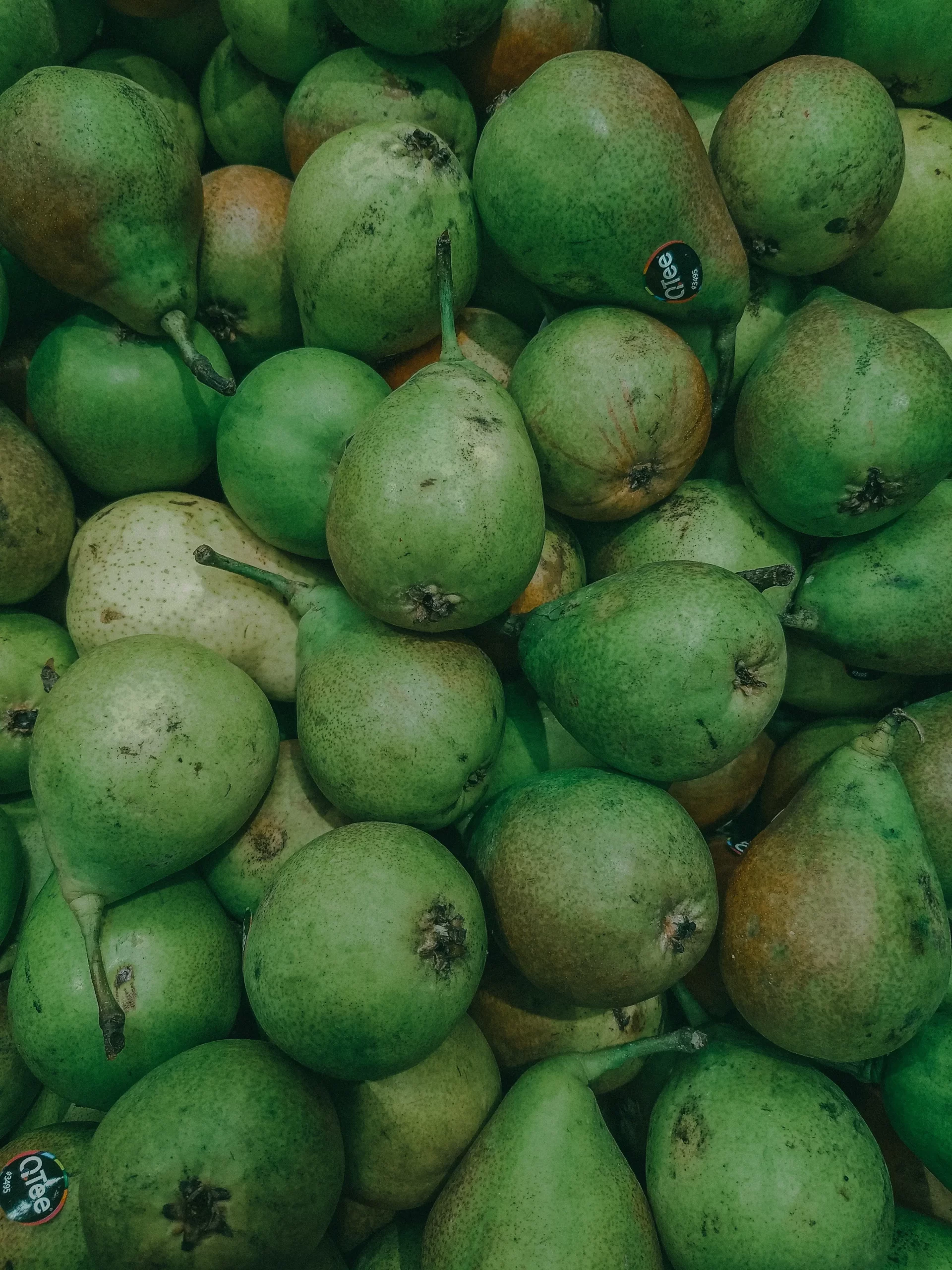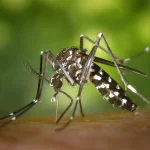One of the most tenacious pests in a home is the fruit fly. Without the right care, you’ll keep seeing them return.
Fruit flies are drawn to overripe produce and still water in gutters, drains, and other places where water can collect.
You can learn about fruit flies in this post, as well as what attracts them and how to get rid of them.
What Are Fruit Flies?
Fruit flies are difficult to distinguish because they are so little. Not to mention that most little flies have a similar appearance. You may notice a fruit fly’s distinct colors if you can get a close-up look at one.
Fruit flies, which are closely related to ordinary house flies, can be identified by their huge, vivid red eyes and tan or brown bodies. Typically black in color and slightly bigger than fruit flies are common house flies.
Fruit flies have fluffy antennae and are typically less than a quarter of an inch long. The majority of fruit flies are so tiny that they may pass through even common window and door screens. Fruit flies can enter your home through even the smallest cracks, so being ready is crucial.
What is the lifespan of fruit flies?
Fruit flies can live for 25 or more days, just like other fly species, depending on their surroundings. Fruit flies go through four phases in their life cycle: egg, larval, pupae, and adult fruit flies. Fruit flies take roughly a week to develop from egg to adult.
Gnats or fruit flies?
Fruit flies and fungus gnats have similar feeding preferences and often have comparable appearances. Fungus gnats, however, can be separated from fruit flies by two features: they are frequently found close to houseplants and have generally black bodies. As previously indicated, fruit flies are more frequently found near fruit and are typically brown in color with red eyes.
Understanding where the pests are flying around is essential to knowing how to treat your issue. If you frequently observe buzzing insects around plants in your home or workplace, you may have gnats. However, if you notice more flies in the kitchen or backyard, particularly close to overripe fruit or trash, you most likely have fruit flies.
What Attracts Them Into Your Home?
Fruit flies get their name because they frequently congregate around ripe, overripe, or decaying fruit. Fruit flies may find something that is fermenting to be tasty.
Fruit dishes and fruit trees inside or close to your home are the two things that draw fruit flies the most.
Fruit bowls: If you have a bowl of overripe or rotting fruit, it’s probably luring fruit flies. Fruit flies will always be able to smell out your afternoon munchies unless you cover the bowl with a cloth or plastic film. Since it is sealed and too cold for them to live, fruit in the refrigerator is safe.
How Often Do They Reproduce?
Adult fruit flies can survive for up to 30 days in optimum conditions, allowing them plenty of time to breed and colonize a habitat (such as your kitchen or backyard). Over 500 eggs could be laid in a single female fruit fly’s lifetime. If you ignore a small number of flies, you can find yourself dealing with thousands of them in less than a week.
Fruit fly larvae continue to eat nearby after hatching until they reach adulthood. Fruit fly larvae feed close to where they lay their eggs. It’s possible that you have an infestation growing in your house without realizing it until it gets out of hand.
Fruit flies prefer to reproduce close to food sources, however they will also lay their eggs close to:
- Stagnant water found in gutters or drain pipes.
- Under or close to garbage disposals, leaking sink drains, and cabinets in the kitchen or bathroom with standing water.
- A lot of rotting food or fruit juice spilled in the trash cans.
- An open wine bottle or alcoholic beverage with a lot of sugar.
- Containers or piles of compost, particularly those that have been idle for a time.
- Fruit carried into a residence that has interior deterioration yet looks OK on the outside.
How to Get Rid of Fruit Flies
The bacteria that fruit flies bring with them has the potential to contaminate your food, making it unfit for ingestion and posing the biggest threat to your home.
You must choose between using a DIY fruit fly trap and hiring a pest control firm if you want to learn how to get rid of fruit flies. A pest control specialist is typically the best choice for providing prompt and efficient care for any fruit fly issue.
Do It Yourself
DIY solutions can need a lot more trial and error and may not even work. Because the few remaining fruit flies will continue to multiply if you don’t catch them all, we don’t advise utilizing handmade fruit fly traps. But if there are only a few flies and they are all in one place, a handmade fruit fly trap might work.



